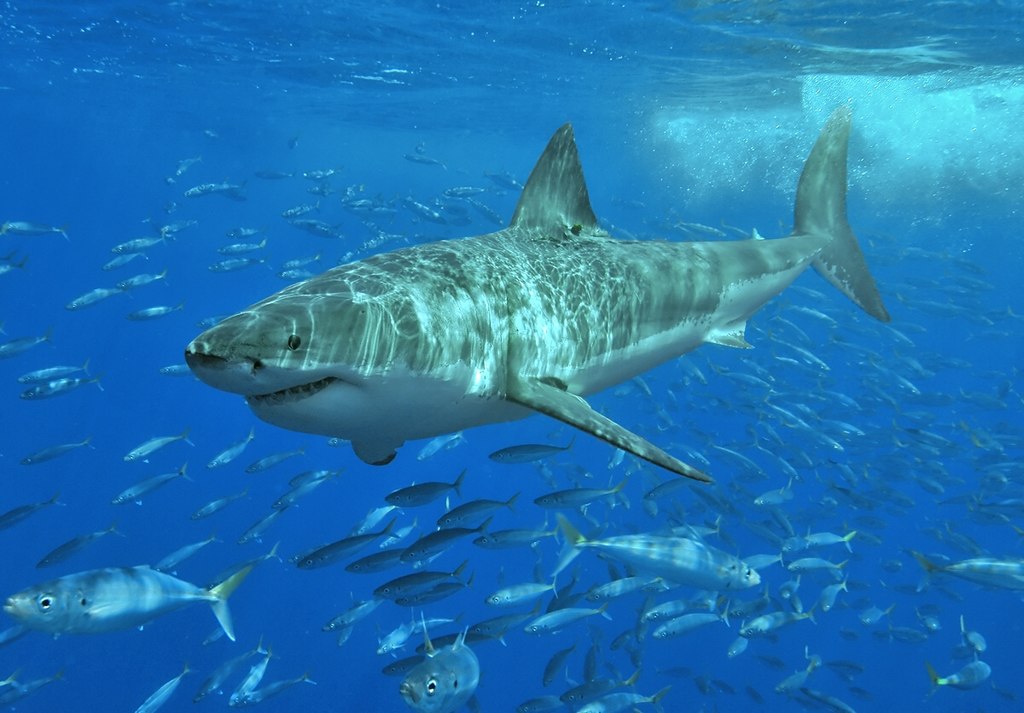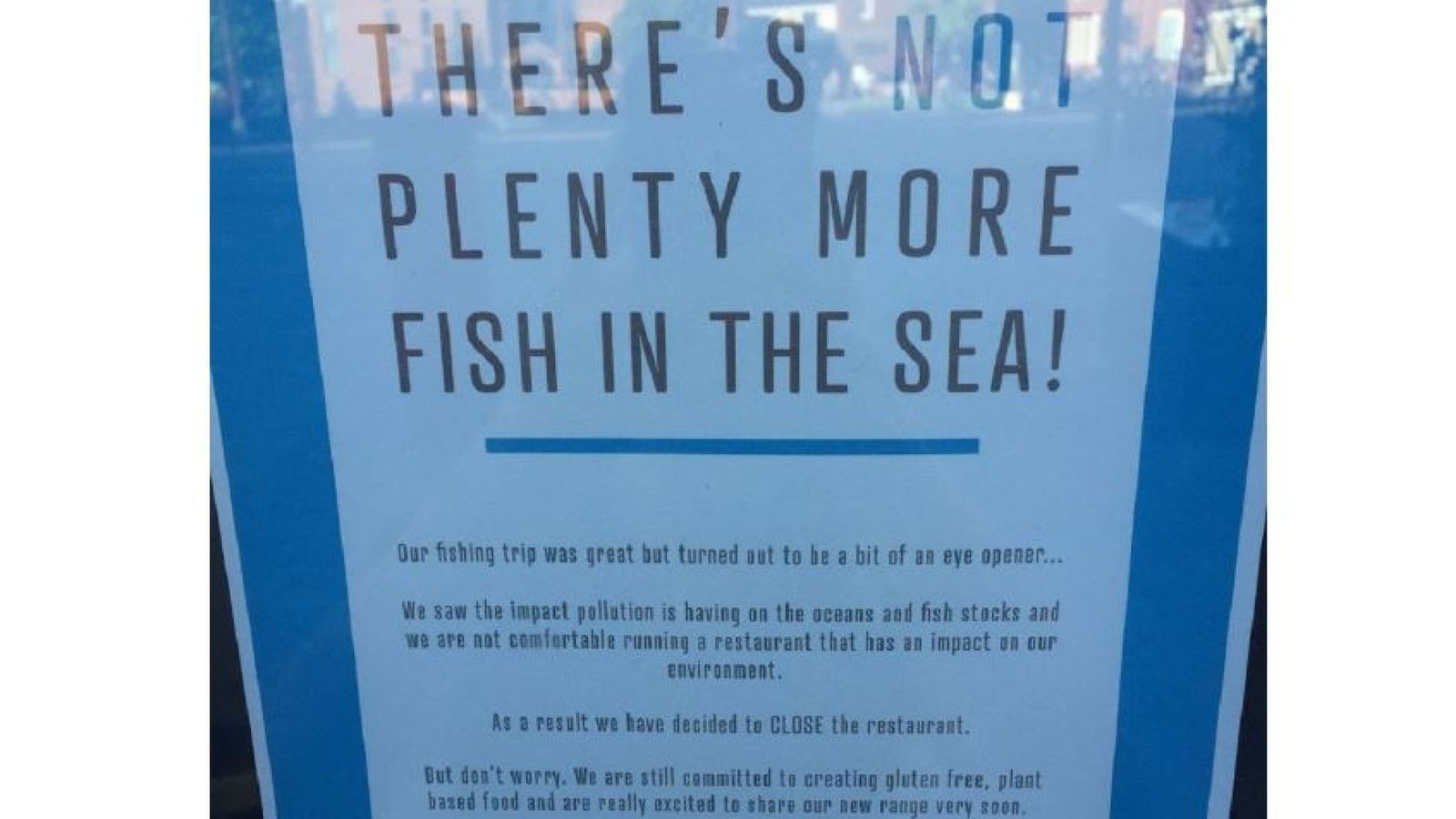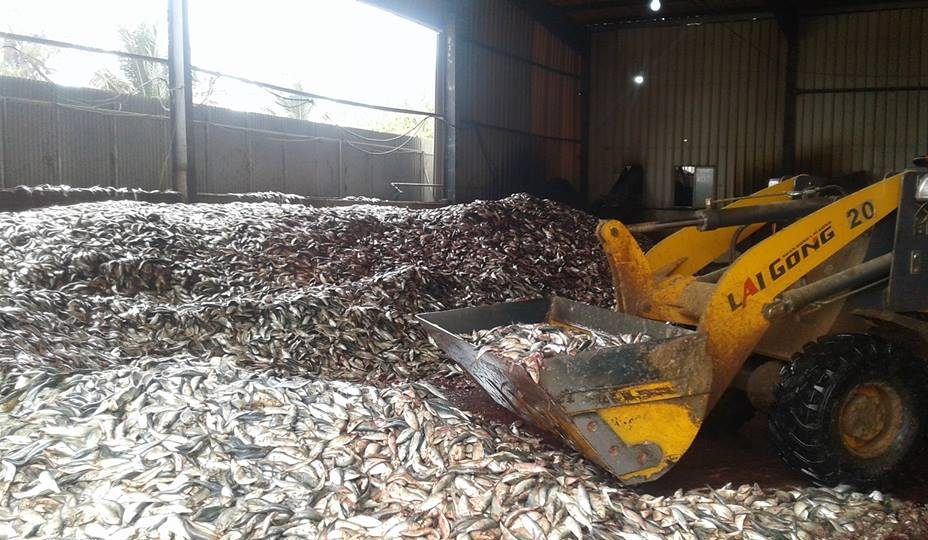Sharks have been around for 425 million years — some 200 million years before dinosaurs emerged, and just before trees developed as a plant group. But their long tenure as apex predators might be coming to an end, at the hand of a regular culprit: humans.
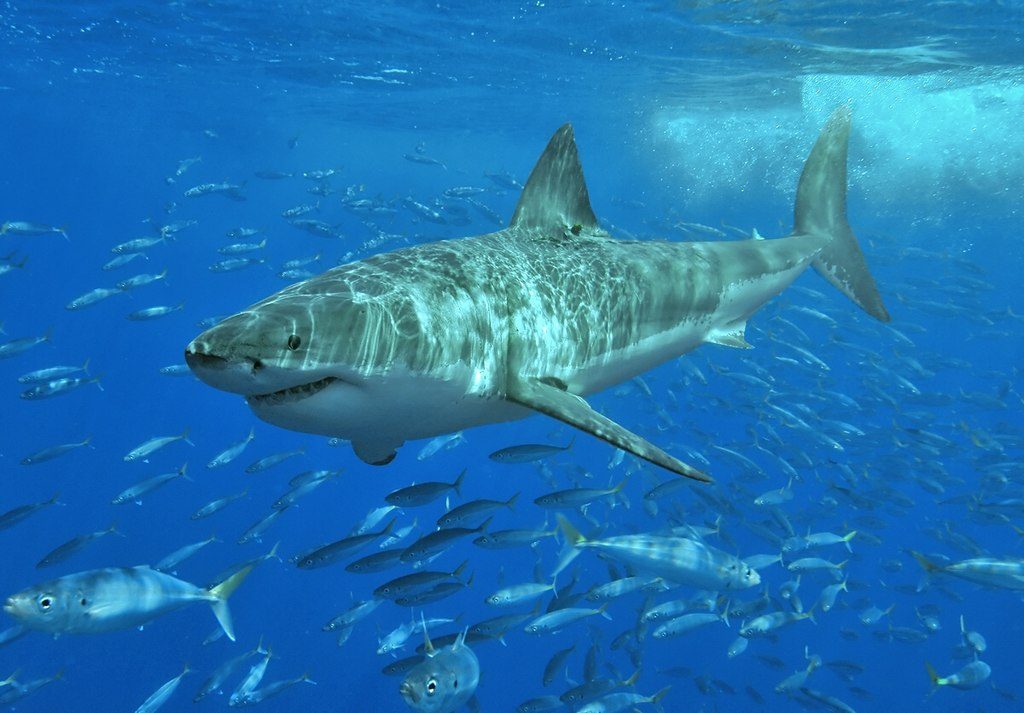
Image credits: Terry Goss.
It is estimated that 100 million sharks are killed by people every year, due to commercial and recreational fishing, and the demand for shark meat continues to rise, which puts even more pressure on their populations.
A new study used information from a shark control program set in Australia in 1960. They found that the overall size of sharks has decreased — but more worryingly, the number of sharks has also dropped dramatically, in some cases by over 90%.
“What we found is that large apex sharks such as hammerheads, tigers and white sharks, have declined by 74 to 92 per cent,” said Dr. George Roff from the University of Queensland, who led the study. “And the chance of zero catch – catching no sharks at any given beach per year – has increased by as much as sevenfold.”
Shark Finning
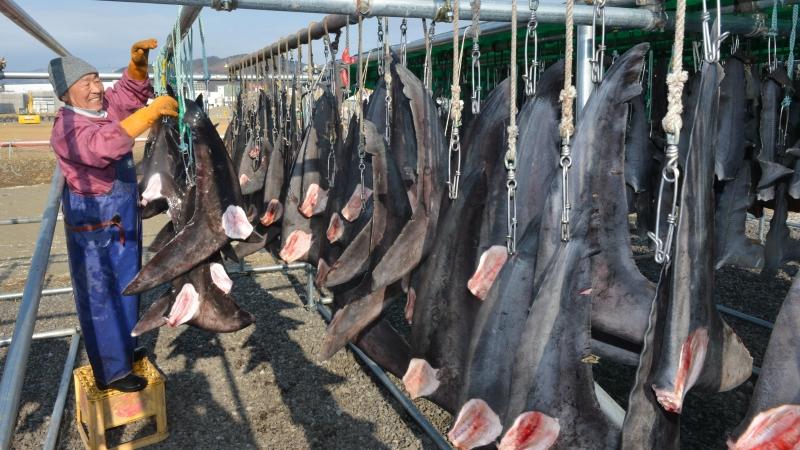
Shark fins hang out to dry in China
Scientists also acknowledge the irony that their data was provided by a shark control program, which is preventing the recovery of vulnerable species.
Shark culls have also been carried out in Australia, the most recent one starting in 2014. The policy was ultimately cancelled in 2017 after public uproar, but the Australian government plans to re-introduce drum lines to kill sharks, using “smart” drum lines (a drum line is an unmanned aquatic trap used to lure and capture large sharks with baited hooks).
Worldwide, around 80 unprovoked attacks are reported per year. Keeping in mind that we, in turn, kill 100 million of them, this is a disproportionately low figure.
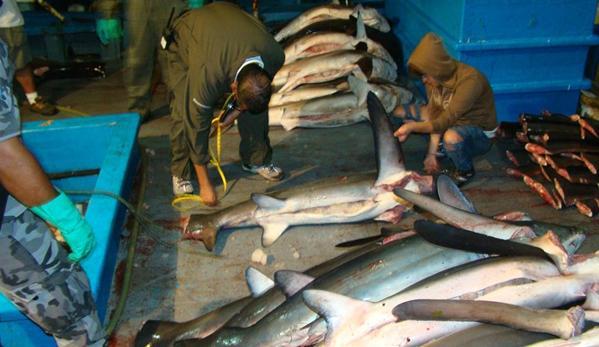
While sharks are generally depicted as dangerous to humans, they serve a very important role in oceanic ecosystems. As top predators, they help to keep the ecosystem “clean”. As their numbers continue to decline, the oceans will sufferunpredictable and devastating consequences.
“Overexploitation of large apex marine predators is widespread in the world’s oceans, yet the timing and extent of declines are poorly understood,” researchers conclude. “Ongoing declines and lack of recovery of vulnerable and protected shark species are a cause for concern.”
Like all oceanic creatures, sharks are also threatened by rising water temperatures, pollution, and habitat destruction (especially around coastlines).
Journal Reference: Roff et al, “Decline of coastal apex shark populations over the past half century”, Communications Biology.
The Giraffe Population Has Decreased By 40% Due To Trophy Hunters
Caught On Camera: How Iceland Is Slaughtering Endangered Blue Whales
How Gambia Is Selling Its Tuna For 136 Euro Per Ton To The EU
